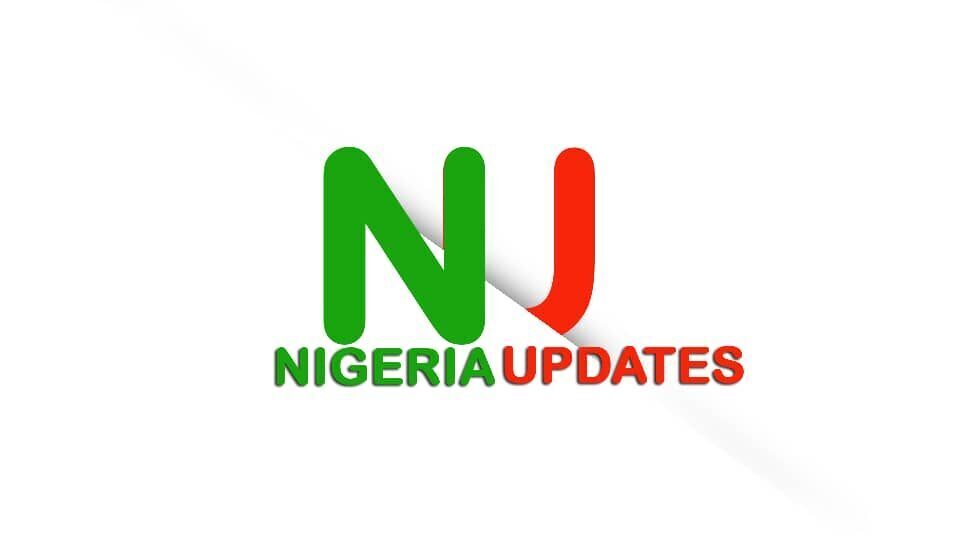State governments across Nigeria have been urged to adopt and entrench community-based drug control strategies to curb substance abuse and illicit trafficking, in alignment with the National Drug Control Master Plan (NDCMP).
The charge was jointly delivered by First Lady Senator Oluremi Tinubu, NDLEA Chairman Brig. Gen. Mohamed Buba Marwa (Retd.), UNODC Country Representative Cheikh Ousmane Toure, and ECOWAS drug control expert Dr. Daniel Amankwaah, during a capacity-building workshop organised by the National Drug Law Enforcement Agency (NDLEA) for the Nigeria Governors’ Spouses Forum (NGSF) in Abuja on Tuesday, 6th May 2025.
In a keynote address delivered on her behalf by Hajiya Laila Jibrin Barau, wife of the Deputy Senate President, Senator Tinubu lauded the NDLEA and NGSF for their efforts in bringing drug control to the grassroots.
“This training cannot be coming at any better time than now when statistics and daily life experiences are revealing that drugs have infiltrated every nook and cranny of our communities. As a nation, we are confronted with a growing crisis, one that affects the very core of our society, the health, safety, and future of our children,” she stated.
“The rising tide of drug and substance abuse amongst adolescents is a challenge that we must no longer ignore or tackle in isolation. It requires concerted efforts, community-driven response, one that integrates enforcement, education, family support, and sustained intervention.”
“Let us always bear in mind that as state First Ladies, you owe our people the duty to lead by example, to bear their burden, and share in their pain as we jointly confront drug abuse in our society,” she added.
NDLEA Chairman Brig. Gen. Marwa highlighted the pressing nature of the drug crisis in Nigeria:

“Regrettably, Nigeria is not immune to this scourge, which steadily infiltrates every stratum of our society. Statistics, academic research, and lived experiences alike reveal a grim reality about illicit drug use and consequences in the country.”
“Over the past four years, the NDLEA has pursued this mission with renewed and unwavering zeal… We recorded the arrest of 62,595 drug suspects, including 68 drug barons, the seizure of 10.3 million kilograms of assorted drugs, and secured the conviction of 11,628 offenders. Furthermore, 1,330 hectares of cannabis farms were destroyed.”
Marwa emphasized a dual approach—supply reduction and demand reduction—mentioning that 24,375 drug users received treatment and 10,501 sensitisation campaigns reached nearly 4 million Nigerians under the War Against Drug Abuse (WADA) initiative.
“As patriots and vanguards of our nation’s well-being, it falls on us to strengthen our resolve, to move with deliberate speed towards practical and lasting resolutions that will, God willing, break the vicious cycle of drug abuse,” Marwa charged.
“Let us always remember that the value of these training events lies not in the richness of their content alone, but in the continued motion and effectiveness of the State Drug Control Committees (SDCCs)—moving resolutely towards our collective aspiration of a drug-free, resilient Nigeria.”
UNODC Representative Cheikh Ousmane Toure underscored the role of states in the national drug fight:
“If the root of this crisis lies in our neighborhoods, schools, and homes, then the solution must too. The National Drug Control Master Plan and the WADA initiative remind us that national frameworks alone cannot heal fractured communities. Lasting change begins when states and local governments own this fight.”
“You are the custodian of trust in your states. When you speak, community listens. When you act, local governments follow… Every state must prioritize dedicated budget for prevention and treatment. This means establishing a state-specific drug control task force… and building community drop-in centres for counseling and care.”
Dr. Daniel Amankwaah, ECOWAS representative, also reinforced the message, calling on state leaders to increase investments in community-focused prevention and rehabilitation.
Experts present at the workshop included Dr. Martins Agwogie, Prof. Akintunde Oyedokun, Dr. Akanidomo Ibanga, Dr. Kunle Adeshina, Dr. Abubakar Salami, and Dr. Ngozi Madubuike, who provided technical insights into effective interventions.
The collective message from the event was clear: without state-level ownership and community-rooted strategies, Nigeria cannot defeat the scourge of drug abuse.


 Entertainment7 days ago
Entertainment7 days ago
 Entertainment5 days ago
Entertainment5 days ago
 Metro3 days ago
Metro3 days ago
 Nigeria News2 days ago
Nigeria News2 days ago
 Maritime5 days ago
Maritime5 days ago
 Food3 days ago
Food3 days ago
 Business5 days ago
Business5 days ago
 Food3 days ago
Food3 days ago





















